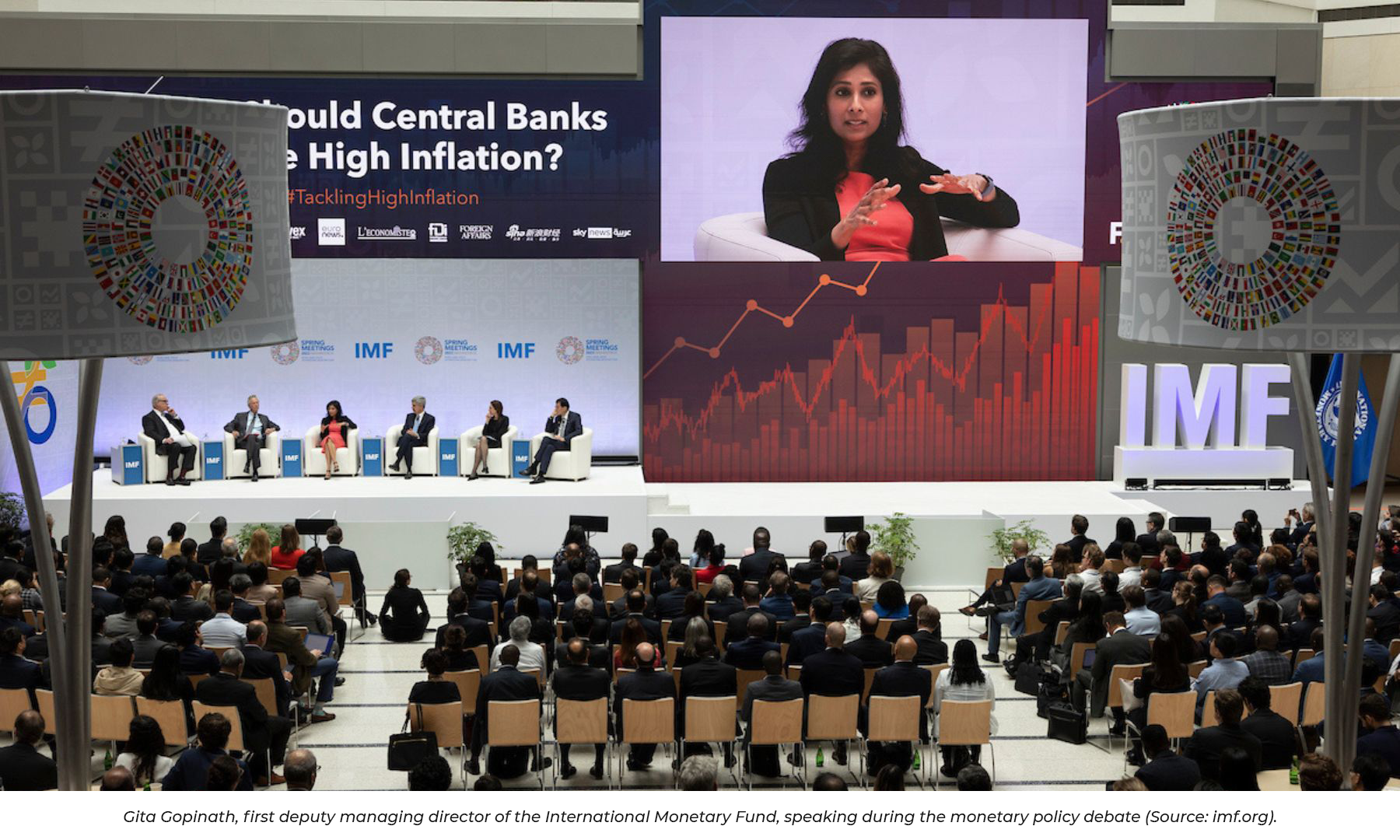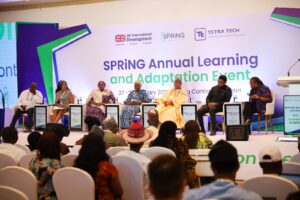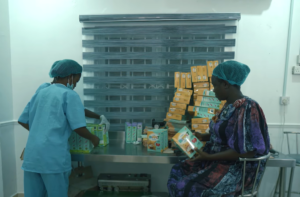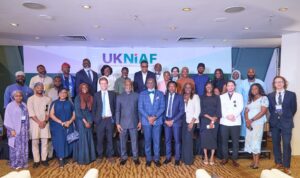The role of communications in driving sustainable development cannot be overemphasized. As international development enablers, this informed our participation in the World Bank Group and International Monetary Fund (IMF) Spring Meetings in Washington DC from April 10-16th 2023.
The Spring Meetings are annual gatherings of the World Bank and IMF Board of Directors that bring together global leaders, finance ministers, private sector executives, parliamentarians, central bankers, and representatives from civil society, academia, and media to discuss global issues including food security, climate action, gender inequality, world economic outlook, poverty, global development challenges, and more.
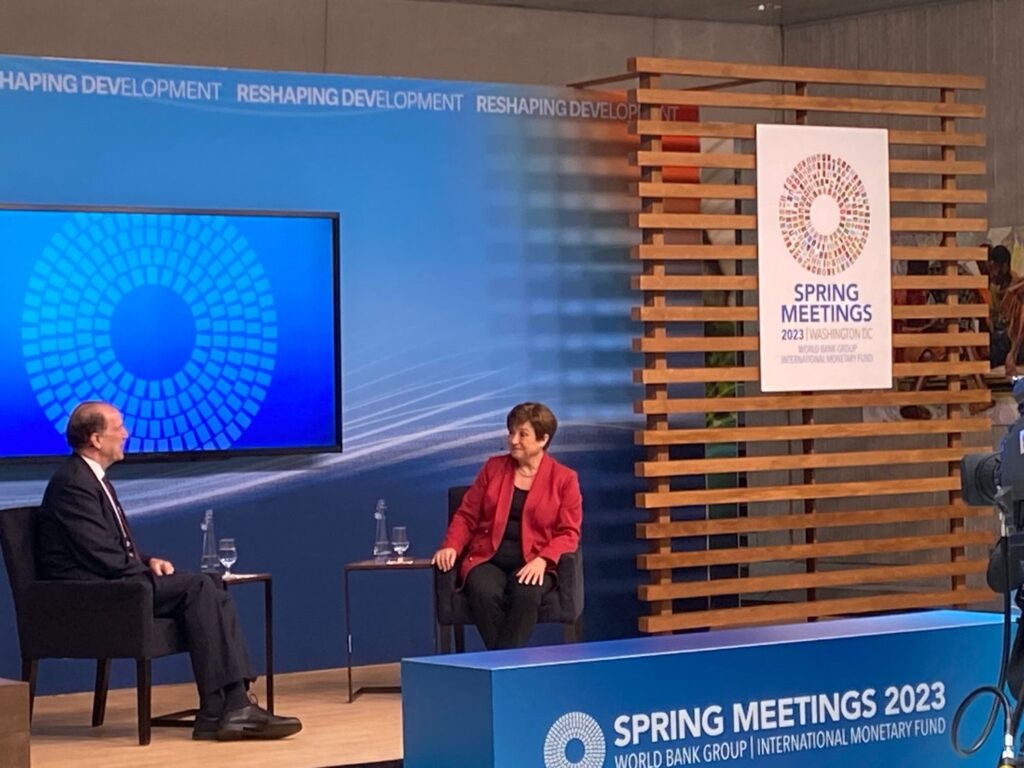
Below is an excerpt from Credo’s CEO, Awele Okigbo, during her attendance at the meetings:
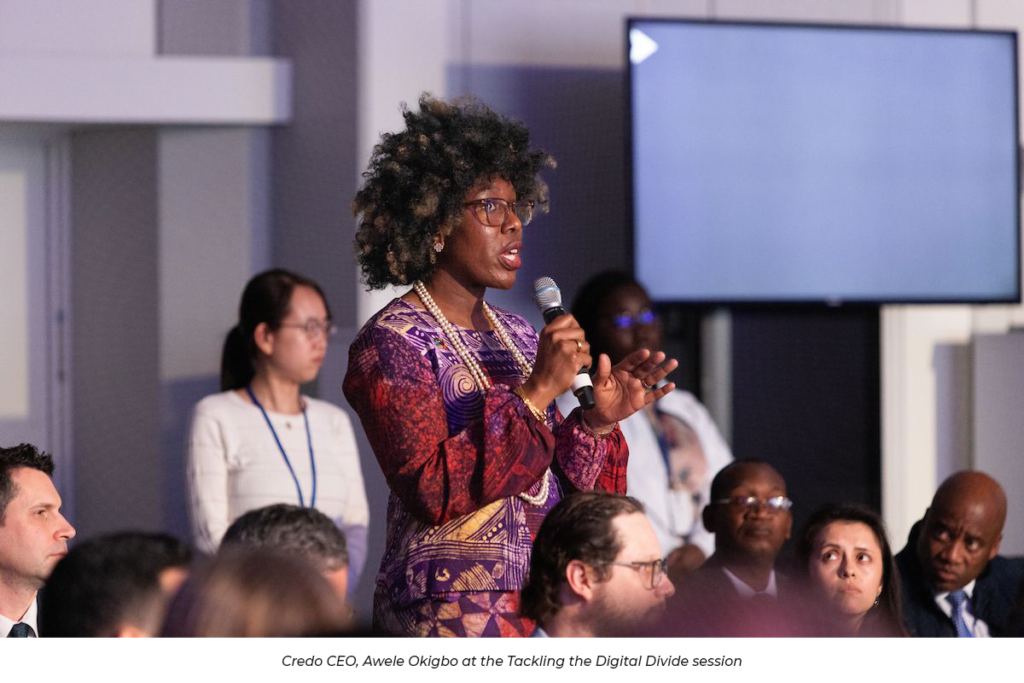
Communication is at the heart of development. That is why being at the World Bank Group/International Monetary Fund Spring Meetings themed “Reshaping Development for a New Era,” I am eager to listen and learn about the new (and old) trends in the development space.
At the “Tackling the Digital Divide” session, Mariano Moszoro shared that 5 billion people cannot access the internet. As a communications firm, digital communications is a vital engagement method at Credo Advisory. How do we reach more women if they don’t have access to the internet? How do we change behaviour at a large scale (and sustainably) without digital campaigns? How do we galvanize and mobilize the youth without digital means? Digital adoption is critical for sustainable development. It can improve education and labour outcomes. Access to the digital economy can improve access to jobs, healthcare, social safety nets, and so much more. But how will lower-income countries still addressing poverty, weak infrastructure and energy access close the digital gap? Well, they aren’t mutually exclusive, according to Moszoro. Advocacy and engagement on the benefits of digital adoption is critical.
At another session, anthropologist and Financial Times journalist Gillian Tett shared that studying human culture is critical to development and for more effective solutions at the country level. She stated that anthropology helps us understand our world and our problems. We must understand the people to know how to help them – drawing from culture to guide economics. This is the interconnection between anthropology and communications! At Credo, we leverage cultural and political economy frameworks for all our communications work. Gillian Tett reminded us that human beings are at the heart of all our global problems and solutions; therefore, we must have a ground-up approach (not a bird’s eye view). As she mentioned this, I was thinking about Credo’s focus groups, in-depth interviews, and national surveys. It was like she was reading my mind.
The “Tackling Legal Impediments to Women’s Economic Empowerment” session was another eye-opener. According to the IMF, 60-80% of food is produced by women, yet only 10% own the land. This reaffirms property ownership is critical to women’s economic empowerment. On equal work for equal pay, Iceland is the only country that has remarkably closed its gender gap by 90%. This was reassuring to hear despite
UN Secretary-General Antonio Guterres’ recent statement that gender equality would not be realized for another 300 years at the current rate of progress.
Clearly, our developmental and global issues require new thinking and a new perspective, and how we inform, explain, and communicate with stakeholders will also determine how successful we are.

